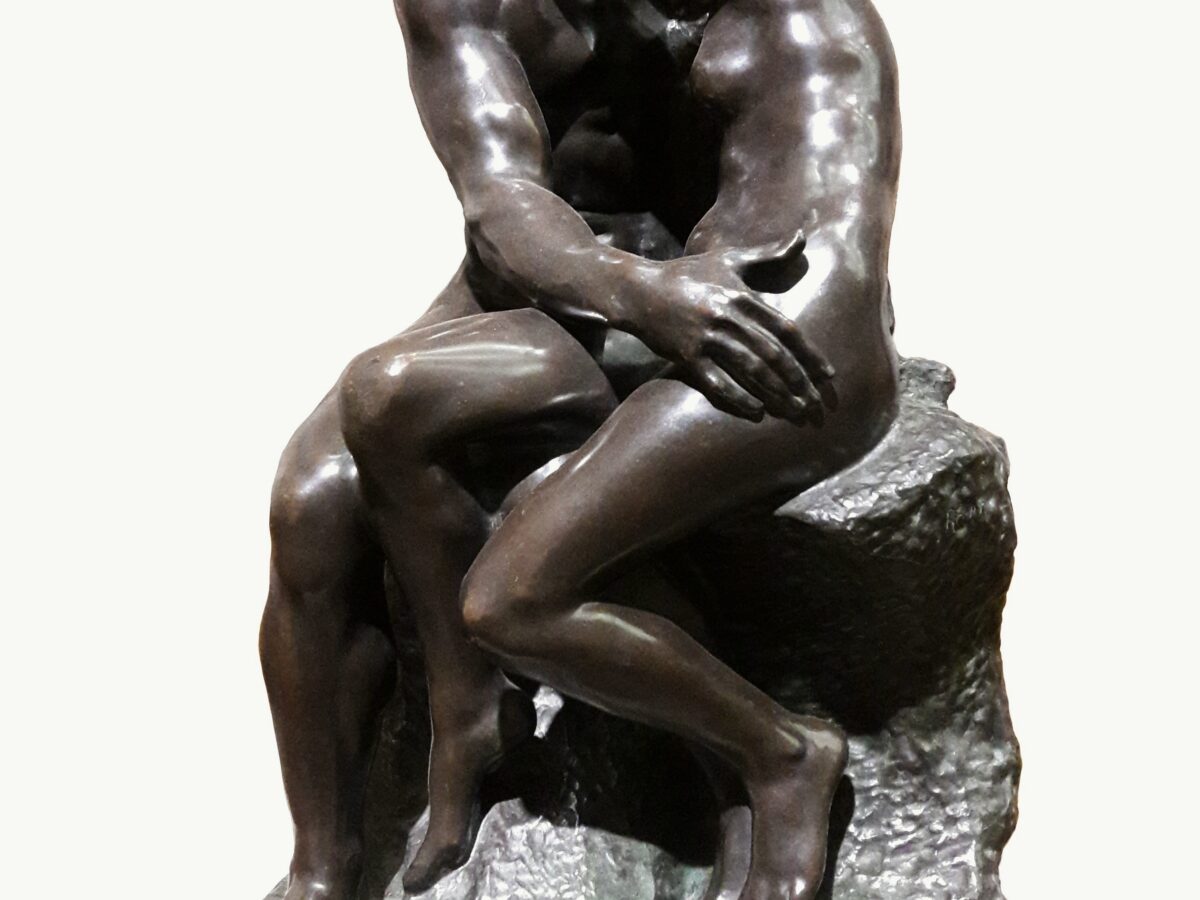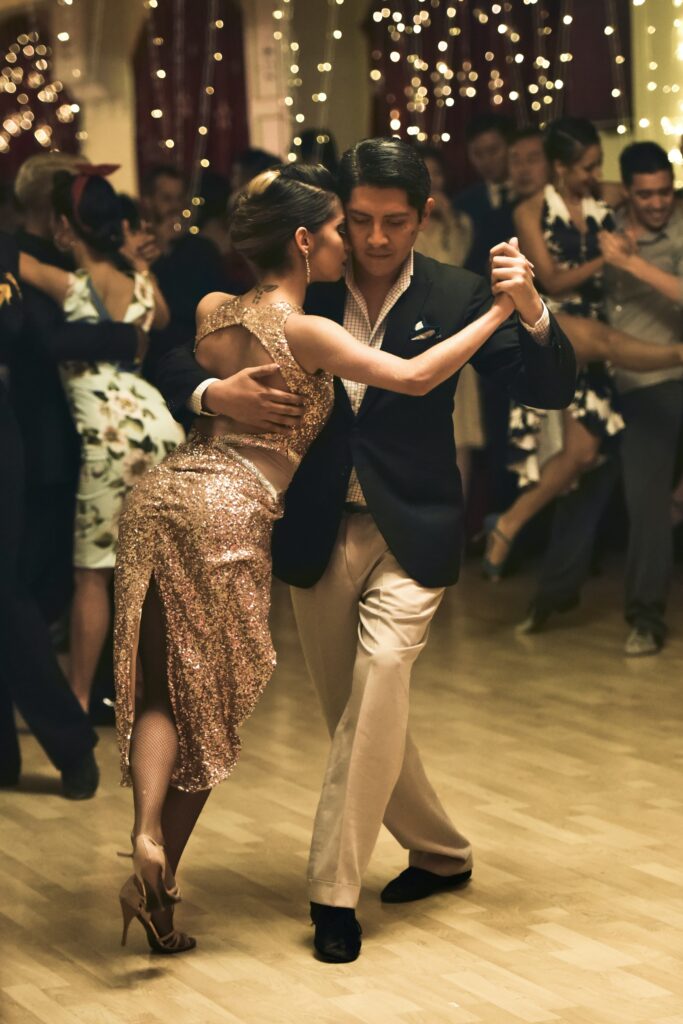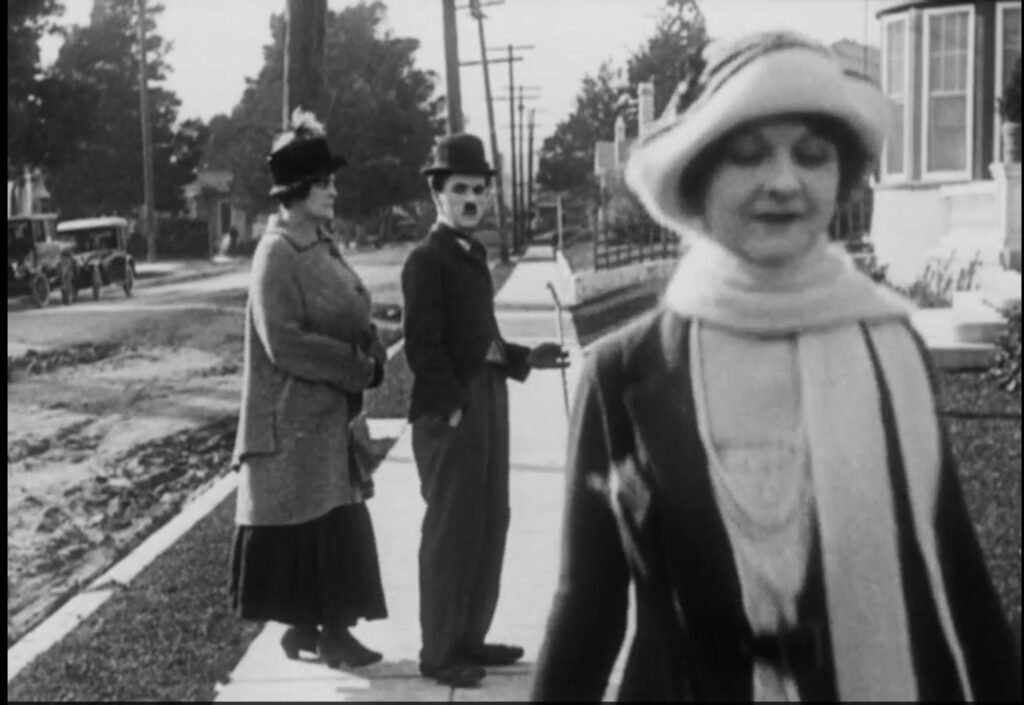Perfection: The perfect partner


We live in a world where, increasingly, we expect perfection. Perhaps we don’t always admit that to ourselves, but it is evident in our behaviour when things go wrong. The smartphone that breaks, the train that is delayed, our child’s poor test scores, the outbreak of a virus. When these things happen, the predominant tendency is to cast around to find the person responsible, then complain, protest or sue to obtain an apology, compensation and – most of all – a promise that it will never happen again. New regulations, better technology, improved education, more effort, more money. If we only apply enough of these, then nothing need ever go wrong again. When improvements fail to materialise, we look elsewhere for perfection. Switch suppliers, move to another country, find a new partner. This constant quest for perfection is so ingrained in our society that we rarely even notice it, let alone challenge it. This series of posts will look at the effect of our desire for perfection on various aspects of our lives. This post: the perfect partner

As teenagers, my best friend and I spent many hours discussing our ideas of the perfect boyfriend. Piercing blue eyes or gorgeous deep brown ones, a warm smile, a good sense of humour, intelligent, considerate… it was a long list. At the same time as I dreamed of meeting this paragon of perfection, I held out no real hope of ever finding any boyfriend. They would undoubtedly have their own list of ideal traits in a girlfriend, and I was acutely aware of how few boxes I would tick.
Seven years later, a Dutchman with gorgeous deep brown eyes smiled at my joke – and I fell in love. I didn’t check my list, and he clearly didn’t check his either. Neither of us was the perfect partner, yet it clicked between us. When our relationship became official, he bought me a Christmas cactus as a gift. One of his friends teased him about this: ‘Talk about “Say it with flowers”! What sort of message is that? “You’re dry and prickly”?!’. But I loved my cactus. For me, it was just perfect.
In reality, we don’t select our partners by rationally scoring them against our list of perfect traits. Even if we did, having a perfect partner is impossible as our needs are constantly changing. One moment we need a partner to make us laugh, the next one who will seriously listen to our troubles. For the practicalities of life it is handy to have a partner who is super-organised, for a chilled out holiday someone who is laid-back is far more congenial. When we want to go off and do our own thing, a partner who does the same is great, but when we arrive home in need of a hug it’s comforting to have someone waiting on the sofa. As we don’t have a wardrobe of partners to select the one best suited to the occasion, any relationship will always have its weak points.
Imperfections are therefore inescapable, yet they don’t stand in the way of love. But neither does love make imperfections disappear – at least, not once the starry-eyed phase has passed. As the imperfections become apparent, the temptation is often to try and change the person we are in love with. Some people seem to approach this with all the determination of a dog trainer faced with a recalcitrant puppy, and spend their time peppering their partner with snipy remarks. I don’t believe this strategy is ever anything more than superficially effective, given the radical change in behaviour the subjects of such training usually show as soon as their spouse is out of range. More importantly, it is an entirely one-sided approach, assuming that the imperfections lie with the other person and it is their job to correct them. In fact, most imperfections are a matter of perspective. Is the other person cold-hearted, or are you over-emotional? Are they hopelessly disorganized, or are you a control freak? There is no true answer. To make love work, we need to respect each other’s differences and find a way to accommodate each other’s needs, rather than eradicating each other’s ‘imperfections’.

Once, watching TV, I saw an episode in which a couple started dancing lessons. After a frustrating session of stumbling and stepping on each other’s toes, the woman gazed longingly at a couple dancing in perfect unison. Spotting where she was looking, the dance instructor explained that it took years to be able to dance together in that way.
Being together as a couple also takes time and effort to find a shared rhythm. I well remember the initial awkwardness in just working out how to walk down the street holding hands, adjusting two totally different paces to move in unison. Learning to let go of our pre-conditioned ideas and see things from the other person’s perspective. Deciding when to go along with our partner in the things they like, and when to stick to our own preference. Moving in together requires a whole mass of adjustments, from the big issues such as where we live and how we spend our money, to the minor but essential points such as when we get up in the morning and how tidy we keep the house.
At some point, either the search for a common ground fails and the relationship ends, or we reach an equilibrium, where we have found ways to live with each other’s imperfections. But it doesn’t end there. There is a Dutch saying: ‘Liefde is een werkwoord’. Translated, it means ‘Love is a verb’. But there is something lost in that translation, as, literally, it means ‘Love is a work word’. Love needs to be actively worked on, continually. People change, circumstances change, and new challenges surface. One of my closest friends had a very happy relationship until she and her boyfriend became engaged and started looking for a house together – at which point he turned out to be completely irresponsible with money, and they broke up. Many couples I knew at university did not survive the transition to work. We have to keep adjusting as new locations, careers, the arrival of children – even simple aging – change us, our desires, our needs – and our imperfections. As one article so charmingly puts it, ‘A true relationship is two imperfect people unwilling to give up on each other’.

In a stable relationship that has weathered many storms, there can still come a time that we grow tired of the accommodations we have made to the familiar imperfections of our partner. When the quirks we have contently lived with for so long start, for no apparent reason, to grate. Other people start to look appealing. Sometimes because they are so different from our current partner, sometimes because they remind us of that partner when we first fell in love with them. The temptation is to believe that the new person actually would be the perfect partner. To forget that they would come with their own parcel of imperfections, that they would also change over time. To ignore the fact that it is our own choices that have shaped our relationship, and that longing for a different person is often actually longing for the life we didn’t choose.
Love remains a ‘work word’, whoever we are with. Just the same as with houses, cars and careers, the question is whether we invest that work in what we already have, or gamble it on something new. It’s a choice everyone has to make for themselves. For myself, I see a lot of wisdom in the humorous text written by the Belgian singer Bart Peeters:
“Je zoekt een minnares, probeer dan eerst je eigen vrouw”
Translation: “You’re looking for a mistress, try your own wife first”.
‘Slimmer dan de zanger’ – Bart Peeters

I love orchids. They are stunning flowers. Yet I would never buy one, as I know my complete lack of a green thumb means it would wither and die very quickly. My cactus, on the other hand, thrives quite well by itself. That’s one of the reasons it suits me so well. Yet it still needs my love and attention. If I neglect it, it suffers. Almost twenty years on, that cactus is still going strong. Every year, around our anniversary, it blooms anew. Still just perfect – for me.